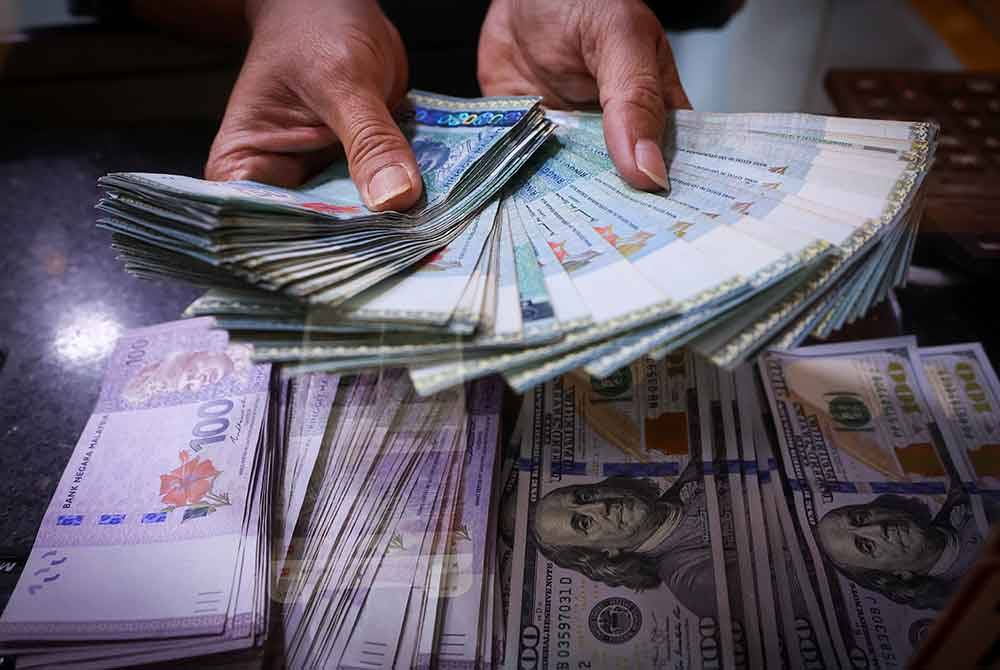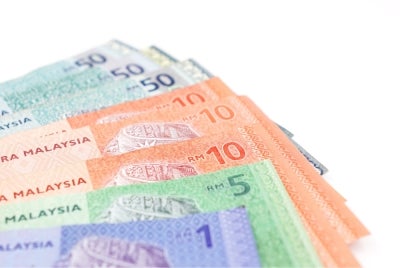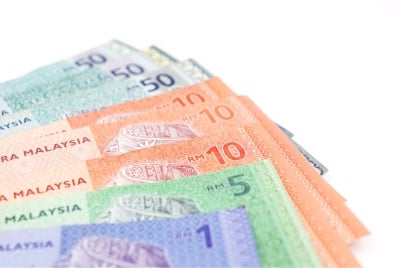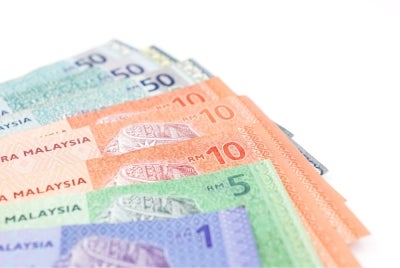Positive outlook for ringgit this year - Analyst
Saktiandi said the ringgit remains very undervalued, and has been so since the oil crash.

KUALA LUMPUR - The ringgit is poised to strengthen this year, driven by significant events which could bolster the local currency.
Saktiandi Supaat, head of foreign exchange research and strategy, global markets at Maybank Singapore said that with the US Federal Reserve (Fed) likely to be embarking on an easing cycle soon, the rates landscape should be more favourable for the ringgit in light of the fact that Bank Negara Malaysia (BNM) is expected to stand pat for the whole of 2024.
"Our economist has highlighted that 2024 could be a year of take-off for the Malaysian economy with the blueprints, masterplans such as the MADANI Economy framework, National Energy Transition Roadmap and New Industrial Master Plan 2030 likely to be implemented, and the fiscal reforms and economic restructuring widely watched.
"Successive steps towards fuel subsidy rationalisation could boost confidence in the ringgit,” he told Bernama.
He said this year could be a better year for the ringgit as long as the external environment stays benign for the currency.
External factors
The ringgit is currently hovering at 4.77 versus the US dollar.
Saktiandi said the ringgit remains very undervalued, and has been so since the oil crash. He said the greenback had appealed as a safe haven currency as the US continues to show strong macro data.
"As a reserve currency and payments currency, risk aversion support for the US dollar will remain significant until the Fed starts signalling an eventual set of cuts or easing trajectory predicated on an easing US inflation outlook being sustained,” he said.
He said the ringgit may flip if the Fed cuts rates and yields start falling as rates differentials could be a significant driver for the ringgit versus greenback.
In addition, some improvement in the Chinese economy and/or fiscal stimulus out of China could add support to the yuan and regional markets.
"As long as the Malaysian economy also sees further improvement in the export and investment outlook, the macro fundamental drivers will remain supportive,” he added.
Ringgit vs regional currencies
Saktiandi said that from March 22 until today, the ringgit has only declined by 0.88 per cent versus the US dollar, from a month ago.
In comparison, he said the Indonesian rupiah, Korean won, Japanese yen, Taiwanese dollar, Philippine peso, Thai baht and Singapore dollar have fared worse than the ringgit versus the US dollar, depreciating at 2.9 per cent, 2.8 per cent, 2.2 per cent, 2.1 per cent, 2.0 per cent, 1.80 per cent and 0.9 per cent respectively.
"The yen, rupiah, won, peso and baht, for example, face specific portfolio flows and/or domestic related issues including policy as well as fiscal concerns which may have exacerbated their larger impact on currencies within the market space,” he said.
He noted that thus far, the Malaysian financial markets have been relatively resilient vis a vis other regional markets despite the confluence of risk factors. The government and central bank have managed the situation relatively well.
Foreign exchange performance
Saktiandi expects the volatile foreign exchange market to recover or stabilise once the US policy rate outlook becomes more certain and some dissipation in the geopolitics in the Middle East, which should lead to the US dollar easing significantly by year-end.
However, he said there is still the risk of an escalation in US-China tensions ahead of or after the US presidential election.
"Improvement of the macro environment outside of the US could also lead to an improvement in risk sentiment and provide support for riskier emerging market currencies,” he said.
Besides, the most recent coordinated verbal intervention via the issuance of various statements by the Group of Seven (G7) trilateral meeting between finance ministers of South Korea, Japan and the US as well as the People's Bank of China’s comment on the yuan has helped to calm sentiments in foreign exchange markets, he added. - BERNAMA
Download Sinar Daily application.Click Here!














